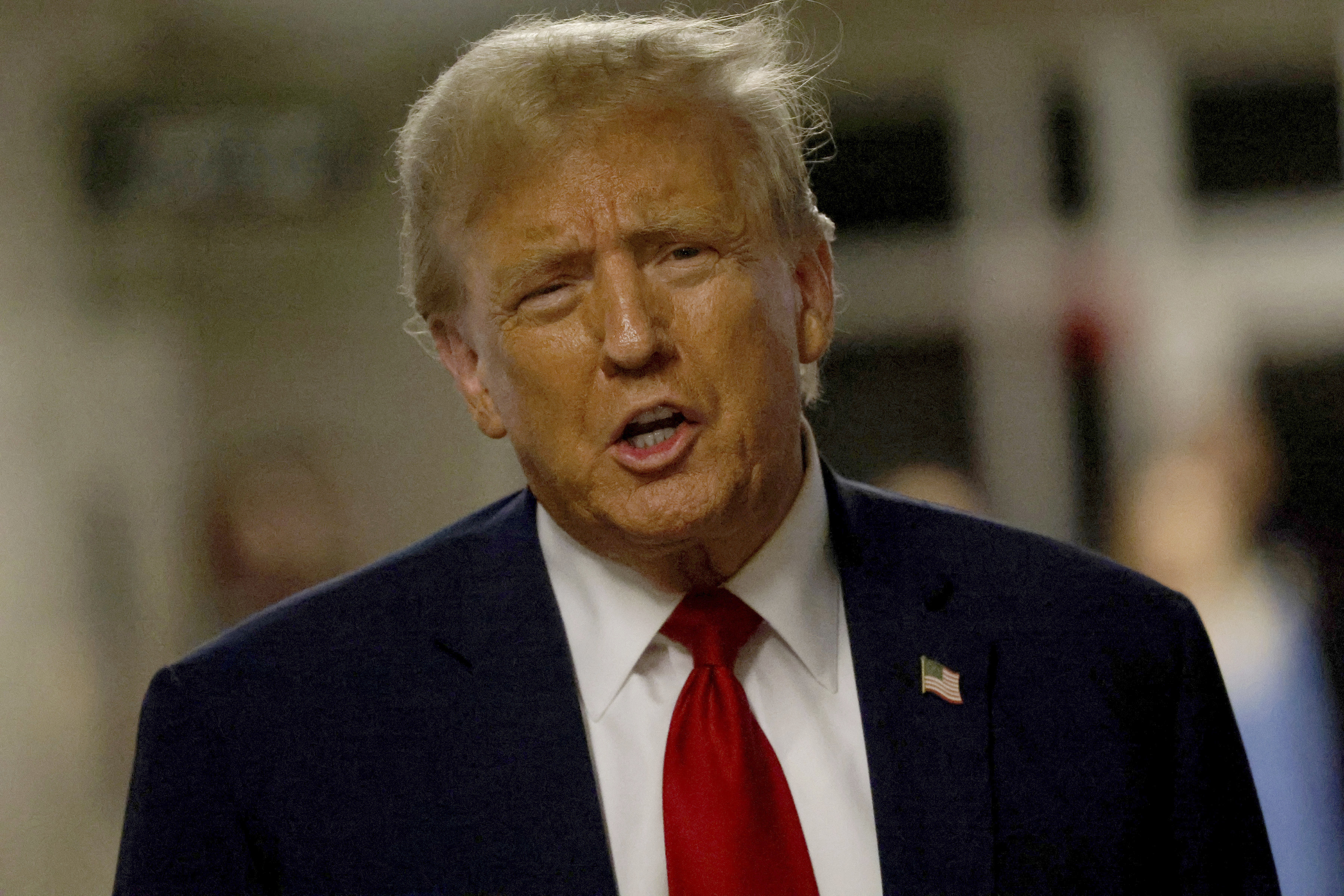The killings at a Connecticut elementary school left parents struggling to figure out what, if anything, to tell their children.
President Barack Obama said he and his wife, Michelle, would tell their daughters that they love them and hug them a little tighter. Experts say that's a good example to follow. Parents also should allow children to talk about their feelings in the coming days while sheltering them from the 24/7 media coverage of the event, they say.
A man gunned down more than two dozen people Friday, most of them kids at a Newtown, Conn., elementary school. The shooter was among the 28 people left dead, apparently from a self-inflicted wound.
Whitney Finucane wasn't sure how and when she would talk with her son, Nico, about the shooting. She kissed and hugged him when he came out from kindergarten at Dr. Martin Luther King Elementary in Providence, R.I., on Friday.
"I don't know how to explain insanity and evil to a 5-year-old," she said. "I don't know that he can really grasp it."
Even the youngest schoolchildren are likely to hear about it, said Glenn Saxe, chairman of the Department of Child and Adolescent Psychiatry at NYU Langone Medical Center.
"It's really important, especially at this time, for parents to check in with their kids, to be attuned to how they're feeling, how they're doing, and to answer questions honestly and straightforwardly," he said. "For any other kid in school, this has meaning. Parents need to understand that even in surprising ways, this can affect their kids."
U.S. & World
Parents can start by asking their children what they've already heard and what questions they have, said David Schonfeld, a pediatrician and director of the National Center for School Crisis and Bereavement at Cincinnati Children's Hospital Medical Center. If they ask why someone would do something like this, it's OK to say you don't know.
"I wouldn't provide false reassurance or dismiss legitimate concerns," he said. "We don't help children by telling them they shouldn't be afraid of things that are frightening."
Parents can tell their kids, "What is most important is that you're safe and you're going to be safe," said Dr. Louis Kraus, chief of child and adolescent psychiatry at Rush University Medical Center in Chicago.
Above all, parents need to try to help their children feel safe, he said. Helping kids return to or maintain normal routines can help minimize their anxiety, Kraus said.
Some children may ask the same questions over and over as a way to seek reassurance, and parents shouldn't dismiss them, said Dr. David Fassler, a child and adolescent psychiatrist in Burlington, Vt.
"Acknowledge and validate the child's thoughts, feelings, and reactions. Let them know that you think their questions and concerns are important and appropriate," he said.
Parents of young children should keep their children from hearing reports on TV, radio, and social media and to closely monitor exposure to media for all children, several experts said. Children who show persistent signs of anxiety and stress, including recurring nightmares or sleep problems and fears about leaving home, should see their pediatrician or a mental health expert, Kraus said.
While parents might feel the need to teach their children what do in such an emergency, the next few days is not the time to develop or bring up your family's disaster preparedness or to teach your young children to dial 911, Saxe said.
"Right now, kids' sense of safety and security is shattered," Saxe said. "It's very good parenting practice, in general, to have a kid know what to do in times of emergency, but it undermines the immediate message that you're trying to convey."
Schonfeld said if children bring it up themselves, you can talk about what's being done to keep them safe.
As students head back to their classrooms on Monday, parents and children should know that school shootings are rare and schools still are among the safest places, said William Lassiter of the Center for the Prevention of School Violence. Parents can ask their principal or parent-teacher group for a copy of their school crisis plan.
Notice whether schools stick to their own security plans, he said. Do people have to check in at the door and sign in at the front office, for example?
"A lot of times, the parents are the ones who need to remind the school," he said.
Schools should have an emergency plan that is available to parents that explains what the school will do in various emergencies, such as a fire, hazardous materials spill, lockdown or evacuation. It should also say how the school will communicate with the parents: for example on its Twitter feed, Facebook page, website, or by email or automated phone call, said Kitty Porterfield, a spokeswoman for the American Association of School Administrators.
From the moment a child starts school, they are learning safety procedures such as lining up and following the teacher, she said. School districts in most major metropolitan areas also hold drills in which teachers and administrators practice what to do in a shooting or similar emergency. Most don't involve children so that they aren't upset, but some do, she said.
It's natural for parents at a time like this to want to react to Friday's shooting with action, Schonfeld said, but giving a young child a cellphone or keeping them out of school probably will not help.
"I know we really want to do everything we can to keep our kids safe," he said. "You could put GPS tracking on them, bullet-proof vests. There's a limit to what you can do."



